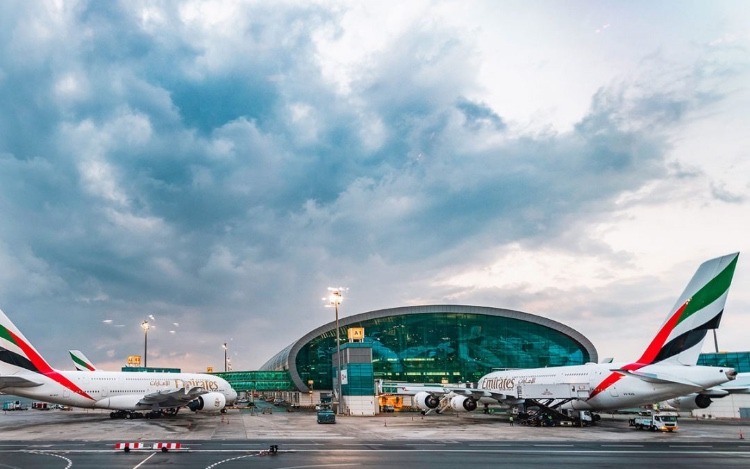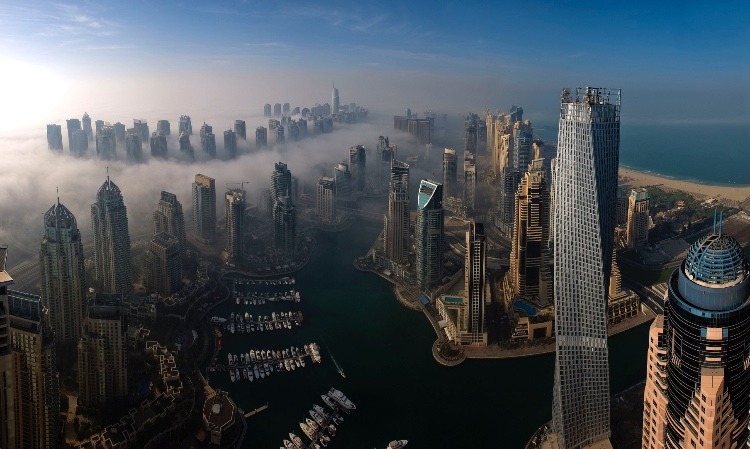Many Middle Eastern nations are attempting to diversify their economies since doing so makes their economies more resilient, particularly when that one source of revenue comes from non-renewable resources like the oil industry. This is crucial as economic diversification enables the development of a desirable, prosperous environment and raises the standard of its institutions and people’s lives. In order to achieve this, several Arab nations are now stepping up their efforts, with their national visions reflecting a shared desire to expand their tourism sectors.
According to the National News, nations like Saudi Arabia and the United Arab Emirates (UAE) are expanding the hospitality industry as they dominated the construction region in the area with 39,070 and 32,373 hotel rooms. This is in light of the FIFA World Cup being staged in Qatar, which would, in turn, promise a flourishing business for UAE hotels in the final quarter of 2022; where thousands of fans flood to the Gulf nation because there is a lack of accommodations in the host country. Due to significant bookings for Nov. and Dec, prominent local and foreign hotel chains in the UAE anticipate operating at a close capacity throughout the four-week football competition.
Latest tourism projects
Back in March 2021, Sheikh Mohammed bin Rashid launched a new project by the name “Dubai 2040 Urban Master Plan” to create a sustainable future and reinforce Dubai as a global destination for citizens, residents, and visitors over the next 20 years. This Master Plan intends to boost the tourism and hospitality sector as it aims to make a significant 400 percent increase in land, which is dedicated to public beaches. Similarly, there will be a 134 percent increase in space allotted for tourism and hospitality. Another notable initiative is that 60 percent of Dubai’s land area will be covered by nature reserves.
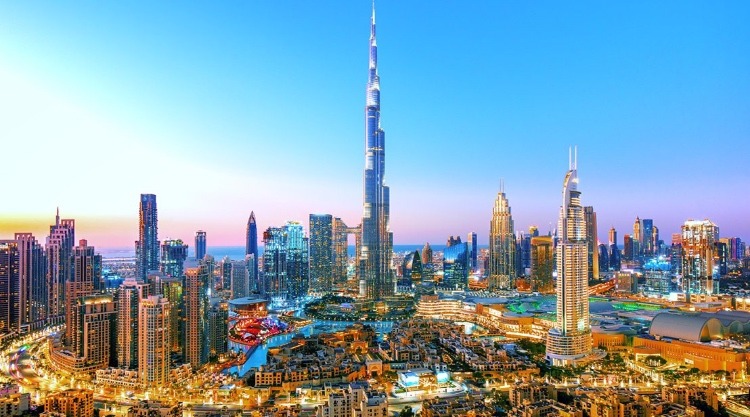
According to a recent study by international real estate consultancy Knight Frank, Saudi Arabia also expects to deliver 310,000 finished hotel rooms in the kingdom by 2030 as part of ambitions to boost its hospitality business for domestic and international tourism. For example, The Red Sea Project is the world’s most ambitious and exciting tourism and hospitality project backed by the Saudi Public Investment Fund. The project will see Saudi Arabia create the Red Sea International Airport, a waste management facility, a coastal village, and numerous hotel destinations. This type of project is what the kingdom hopes to aid the nation to unlock new opportunities in the tourism sector along with creating new economic and educational opportunities for the younger generation.
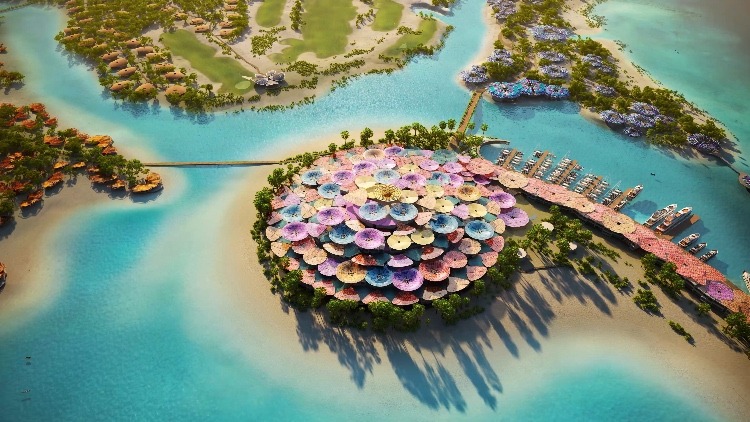
Let’s not forget about Egypt as the nation holds strong plans for tourism in the upcoming years as hotel occupancy during the first half of 2022 was 52.6 million nights, a 63.6 percent increase compared to 32.2 million nights in the first half of 2021, as the Business Standard suggests. Sustainability is also a big part of Egypt as the country prepares to host COP27 in Sharm El Sheikh from Nov. 6-18. Taking that into consideration, on May 2022, Egypt’s Minister of Environment Yasmine Fouad, and Minister of Tourism & Antiquities Khaled el-Enany, launched the “Towards Green Development of the Tourism Sector” project. It is the first project of its kind in Egypt and aims to improve the performance and sustainability of tourism in line with Egypt’s 2030 strategy.
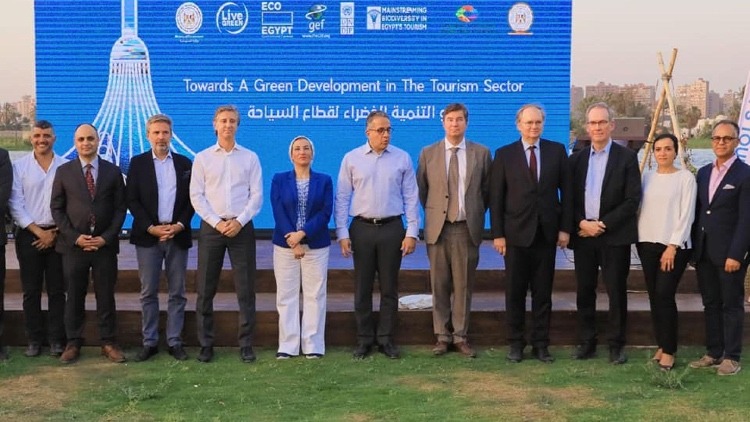
With the expansion of tourism, Forbes Middle East suggested that Cairo International Airport, Jeddah Airport, Dubai International (DXB), and Riyadh’s King Khalid International Airport were among the top 10 operating on high-density routes within the Middle East.
But what does that mean to the tourism sector in these countries? Well, there is undoubtedly a shift in focus to the Middle East, which reflects the slower pace of travel recovery across Asia since COVID-19. Forbes however emphasized the fact that the projects of Saudi Arabia, UAE, and Egypt in conjunction with their Vision 2030 goals will see air traffic grow substantially in the next decade.
